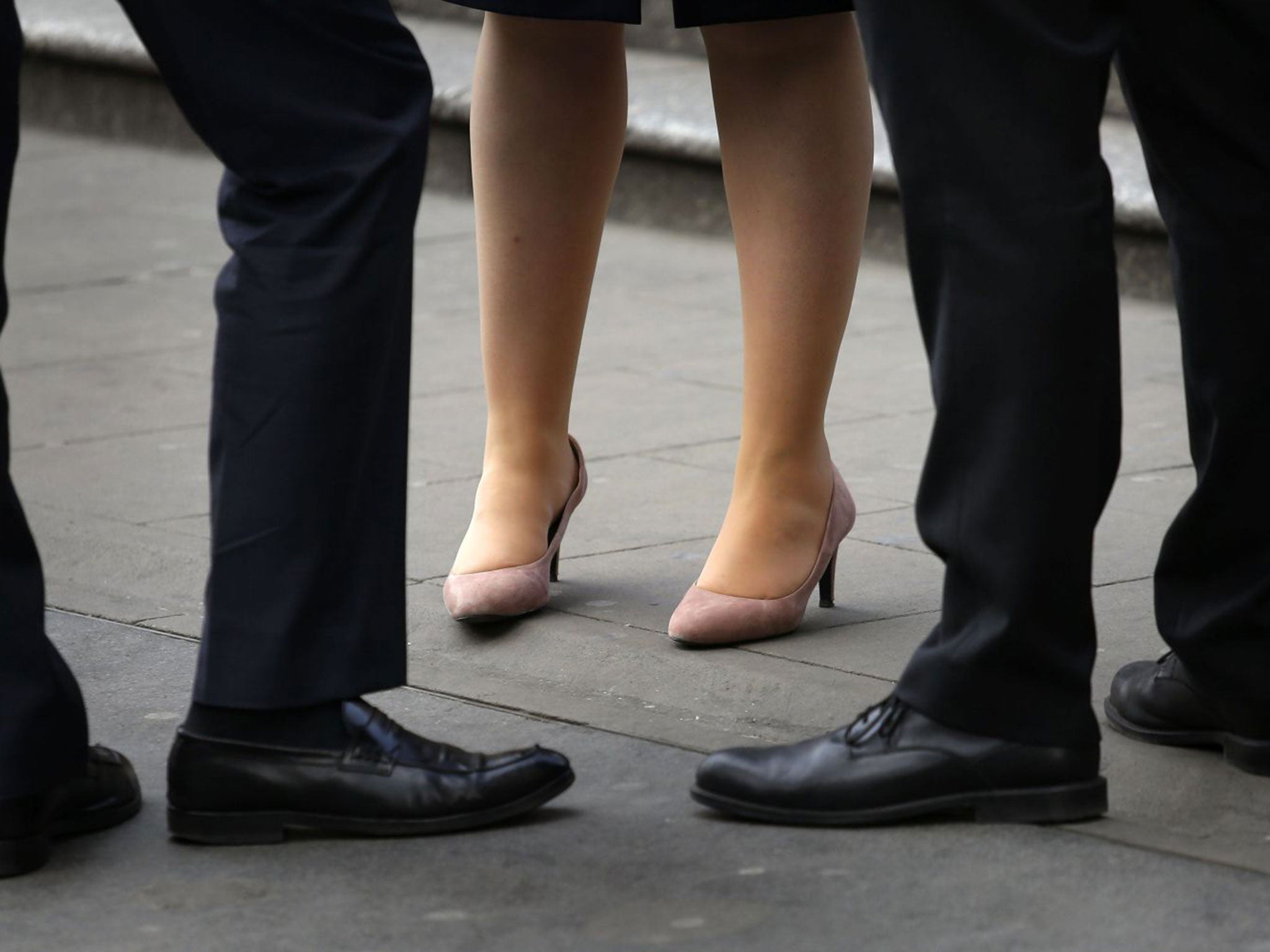Councils 'behind the times' on female equality and will take 32 years to achieve gender balance, study says
'We can't wait more than three decades for women to play an equal part in local government,' Fawcett Society chief says

Councils are “behind the times” on women’s representation and will take over three decades to achieve gender balance at current rates, a prominent women’s rights organisation has warned.
New data from the Fawcett Society shows female candidates make up 34 per cent of those running in Thursdays' local elections, up just three percentage points on the last time the seats were contested in 2015.
The charity found if that pace of change is maintained, it will take more than 32 years and eight election cycles for the councils to achieve gender balance.
The proportion of female Labour candidates rose from 37 per cent in 2015 to 40 per cent this year, while the number of women candidates for the Conservative Party increased from 26 per cent to 30 per cent.
Sam Smethers, chief executive of the Fawcett Society, called on all parties to take urgent steps to improve the pace of progress on women’s representation on councils.
She said: “This lack of progress is shocking and puts councils squarely behind the times. We can’t wait more than three decades for women to play an equal part in local government.
“With 80 per cent of seats going to incumbents in previous elections, the space for change is limited. All of the parties need to set out their plan of action to change this, now.”
The latest government figures show 34 per cent of sitting local authority councillors in England are women. There are 209 women members of parliament, the highest ever proportion at 32 per cent.
Voters are expected to penalise Theresa May’s Conservative party in local government elections for postponing the UK’s departure from the European Union.
More than 8,000 council seats are up for grabs in the first elections since the UK missed its 29 March departure date.
The Tories are predicted to lose hundreds of seats to Labour and the Liberal Democrats and one analysis calculates the Tory party could lose over 1,000 seats.
Additional reporting by Press Association
Subscribe to Independent Premium to bookmark this article
Want to bookmark your favourite articles and stories to read or reference later? Start your Independent Premium subscription today.

Join our commenting forum
Join thought-provoking conversations, follow other Independent readers and see their replies